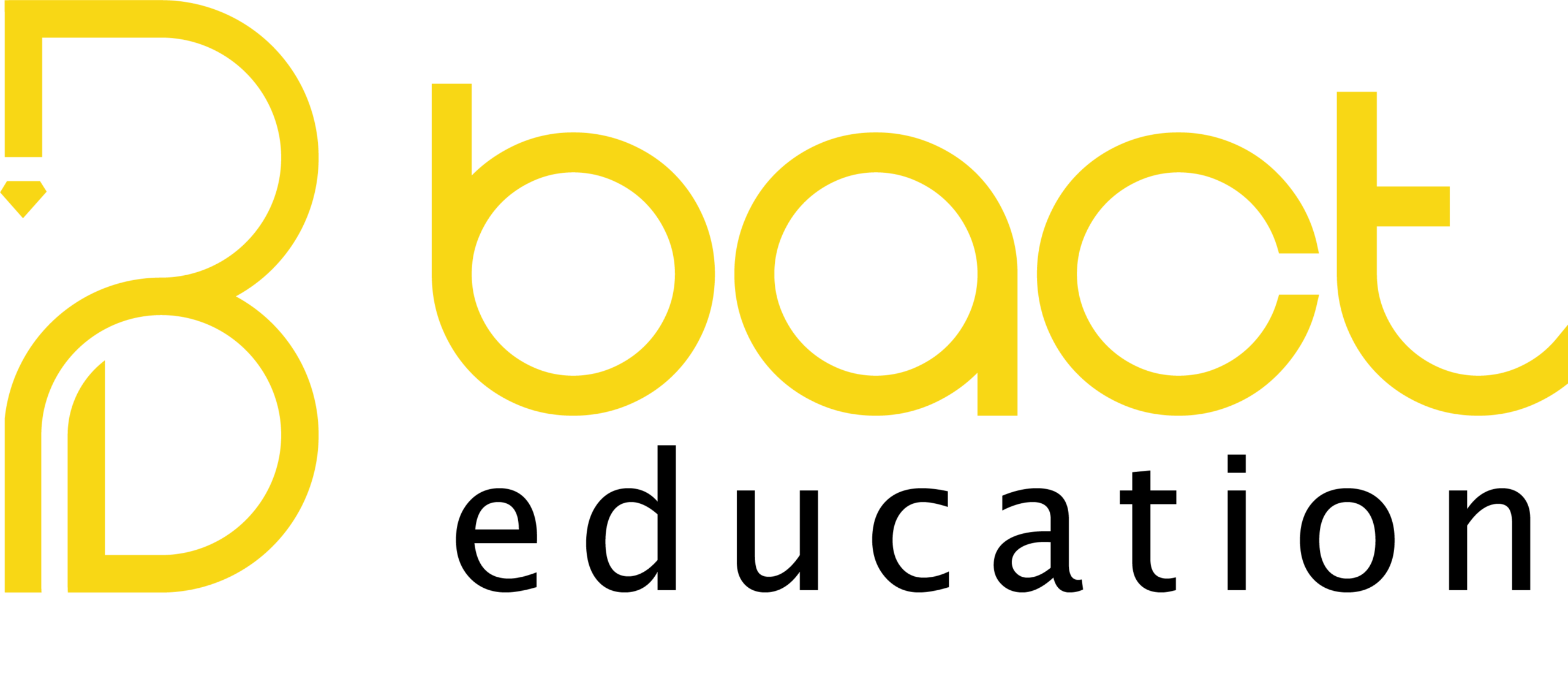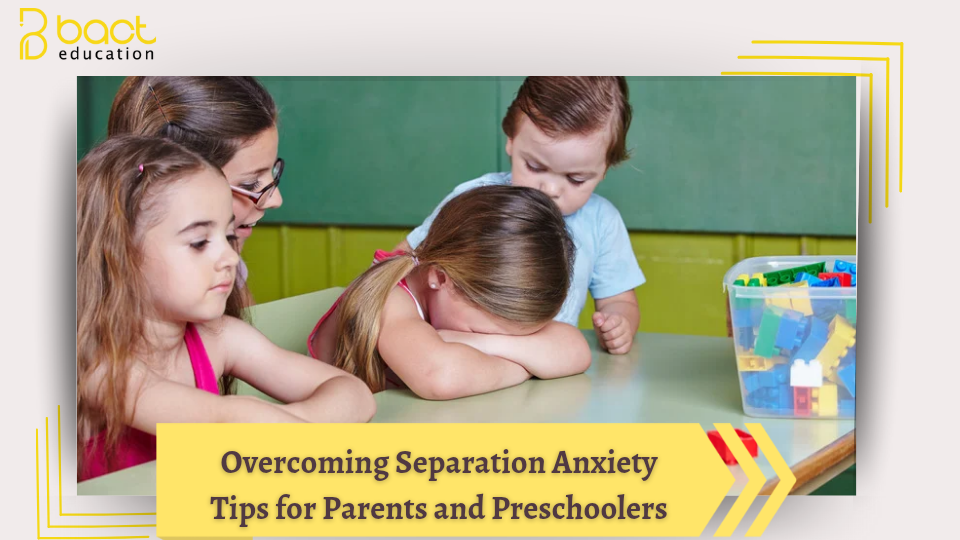Overcoming Separation Anxiety
Tips for Parents and Preschoolers
Going to preschool and dealing with separation anxiety in children is very challenging, and it is certainly harder for parents compared to the child. What children simply need is some time to adjust to the new routine.
If a mother is taking her child to preschool or a daycare center or leaving them with a nanny, she should remember that the child has spent every day of the past months with her. It is expected that the child will adapt to their new routine within a few days, so the mother should be patient. The child will get used to the idea that being left for a certain period of time is normal.
Here are some tips to help your child adjust and get through this phase:
Preparation Before Preschool:
-Talk about preschool positively: Before preschool starts, begin discussing it with your child as an exciting and fun step. Explain what they will do there, such as playing with new friends, drawing, and singing.
– Visit the preschool beforehand: If possible, visit the preschool with your child before the school year begins. Get to know the teachers and the environment, which will make the place seem more familiar and less intimidating.
– Read about preschool: There are many children’s books that address the topic of going to preschool. Reading these stories can help your child understand what to expect and reduce their anxiety.
– Create a goodbye routine: Practice a short and specific goodbye routine at home. This could be a quick hug, a kiss, or a special farewell phrase.
During the Separation:
– Be firm and calm: Even if your child is crying or clinging to you, maintain your calmness and firmness. If your child sees that you are anxious, their anxiety will increase.
– Keep the goodbye short and sweet: Avoid long and drawn-out farewells. The longer the goodbye lasts, the more anxious your child will feel. Say goodbye with love and confidence, then leave.
– Be clear about your return: Clearly tell your child when you will come back to pick them up. For example, “I will be back after you finish playtime and have lunch.” Avoid sneaking away.
– A familiar item from home: Bringing a familiar item from home, such as a favorite small toy or blanket, can help provide comfort to your child while you are away.
– Trust the kindergarten teachers: Kindergarten teachers are experienced in handling separation anxiety. Trust them to provide support for your child after you leave.
After separation:
– Celebrate the return: When you come back to pick up your child, greet them with enthusiasm and positivity. Ask them about their day and listen attentively.
– Be patient: It may take some time for your child to fully adjust to kindergarten. Be patient and understanding.
– Watch for signs: Monitor your child for any signs that separation anxiety is becoming excessive or affecting their daily life. In this case, it may be helpful to speak with a pediatrician or psychologist.
Remember that this phase is temporary, and with love, patience, and support, your child will learn to trust in their ability to separate from you and enjoy their time in kindergarten.
Here, it is essential to highlight the role of BACT in designing specialized training courses targeting mothers and teachers. These courses focus on understanding children’s behaviors and how to deal with common challenges such as separation anxiety. Additionally, at the BACT Institute, monthly meetings and free workshops are held to raise awareness about parenting issues, separation anxiety, and the importance of psychological support for mothers and teachers. These events provide an opportunity for participants to exchange information and experiences with specialists. Furthermore, the BACT Institute offers a Level 3 CACHE Diploma for Early Years Educators, as well as Level 2 and Level 3 CACHE courses. Please contact us for more details.

